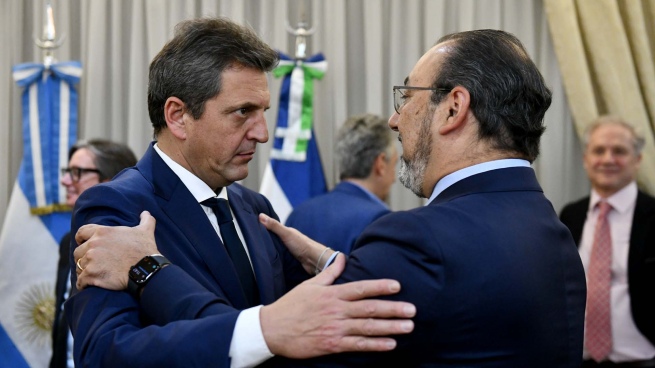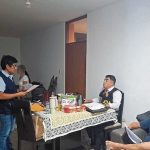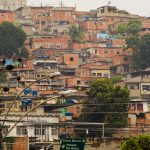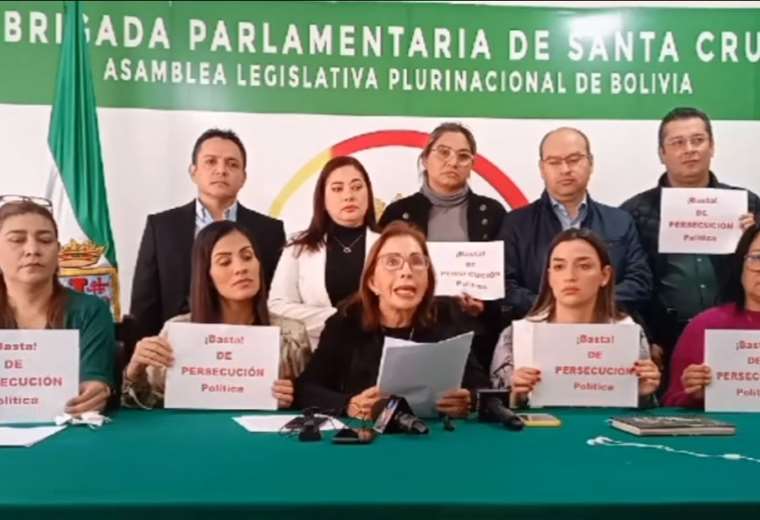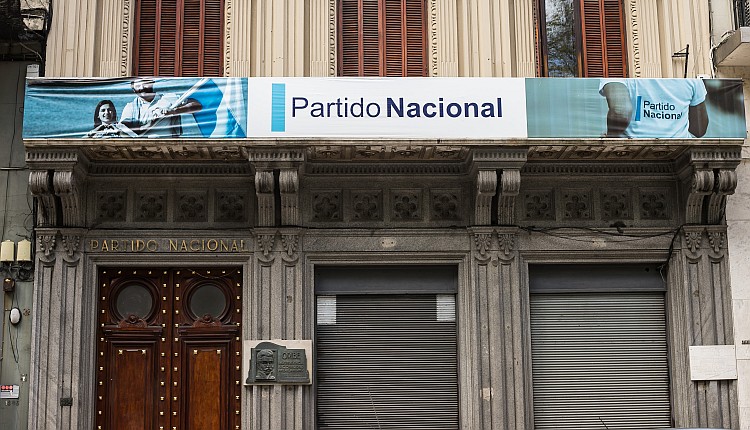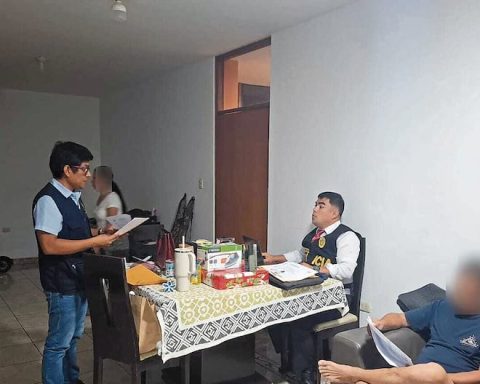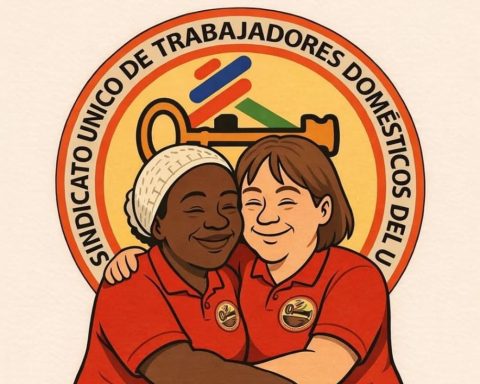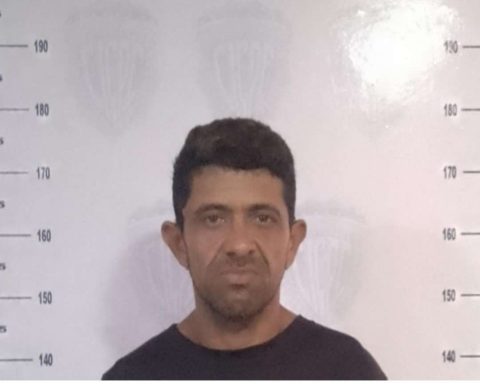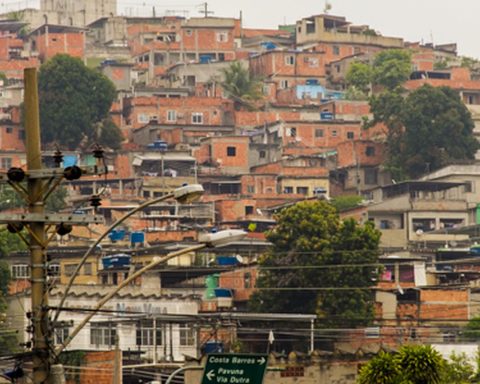The national government approved five models of financing contracts for the Andean Development Corporation (CAF) for US$ 665 million for the Argentina Program Against Hunger, road and sanitation works, environmental actions and the access of agricultural SMEs to foreign markets.
It did so through five decrees 508/2022, 509/2022, 510/2022, 511/2022 and 512/2022, published in the Official Gazette.
The head of the CAF Development Bank of Latin America, Sergio Díaz Granados, stated during his presentation at the Council of the Americas that took place in Buenos Aires after an interval of three years due to the coronavirus pandemic, that the entity will seek to double the current portfolio of US$ 3,400 million in loans from Argentina in the next four years.
“We are interested in continuing to expand the portfolio, doubling it in the next four years, with new projects that have an impact on citizens”Sergio Diaz Granados
In this sense, Díaz Granados highlighted the relationship of “trust and mutual support between” the country and the credit institution, since its creation in 2001.
In particular, he recalled that in the last decade it generated a portfolio growth rate of 7.3% per year, reaching US$ 3,400 million in loans currently invested in the country.

What programs is the funding used for?
Added to these decrees published this Friday in the Official Gazette is decree 513/2022, which approves a guarantee contract between the Nation and CAF and another counter-guarantee contract with the province of Buenos Aires, within the framework of the School Infrastructure Improvement and Expansion Programwith financing for US$ 75 million, which in the event that the respective cancellation does not occur, the Buenos Aires government authorizes the national to debit the funds from the Federal Tax Sharing Account.
As for the other decrees, the first of them is a financing of US$ 75 million for the Program for the Recovery and Development of Agro-export Complexeswhose objective is to promote the reconversion of the means of production and processing and access to foreign markets for small and medium-sized fruit producers and the associative schemes that make up their value chains to promote increases in productivity and export capacity.
The next one is for US$100 million for the Support Program for the Argentine National Plan against Hunger in the Covid-19 Socio-sanitary Emergency, Phase III, to contribute to the food security of families in situations of social vulnerability and prioritize children.

At the Council of the Americas, Díaz Granados stated: “We are interested in continuing to expand the portfolio, doubling it in the next four years, with new projects that impact citizens” deepening the relationship with the Government and projects with the private sector.
In addition, the head of CAF showed his interest in “expanding the private sector”, as is currently the case in Uruguay and Colombia, where CAF has a portfolio of US$1.5 billion in each country with the private sector.
Another US$75 million of the loans will be for the Support Program for the Argentine Road System II; and the same number for Sector-Wide Approach Project to Support Environmental and Climate Actionwhich consists of assisting in the sustainable use of natural ecosystems and the reduction of extractive pressure on natural resources.
Likewise, CAF will finance with US$ 340 million the Basic, Primary and Secondary Network Works Program for the Metropolitan Area of Buenos Aires (AMBA), which consists of contributing to improving the quality of life, hygiene and health of the inhabitants of the AMBA, in an environmentally sustainable manner, through the expansion and greater access, and the improvement of the efficiency of health services. water and sanitation.

“We want the region to occupy a relevant place in global discussions” on issues such as the “energy transition,” said Díaz Granados, mentioning as an example that Latin America “has 9 trillion dollars to develop only in gas.”
Finally, last July, Díaz Granados met with President Alberto Fernández and credits for US$ 175 million were formalized.
